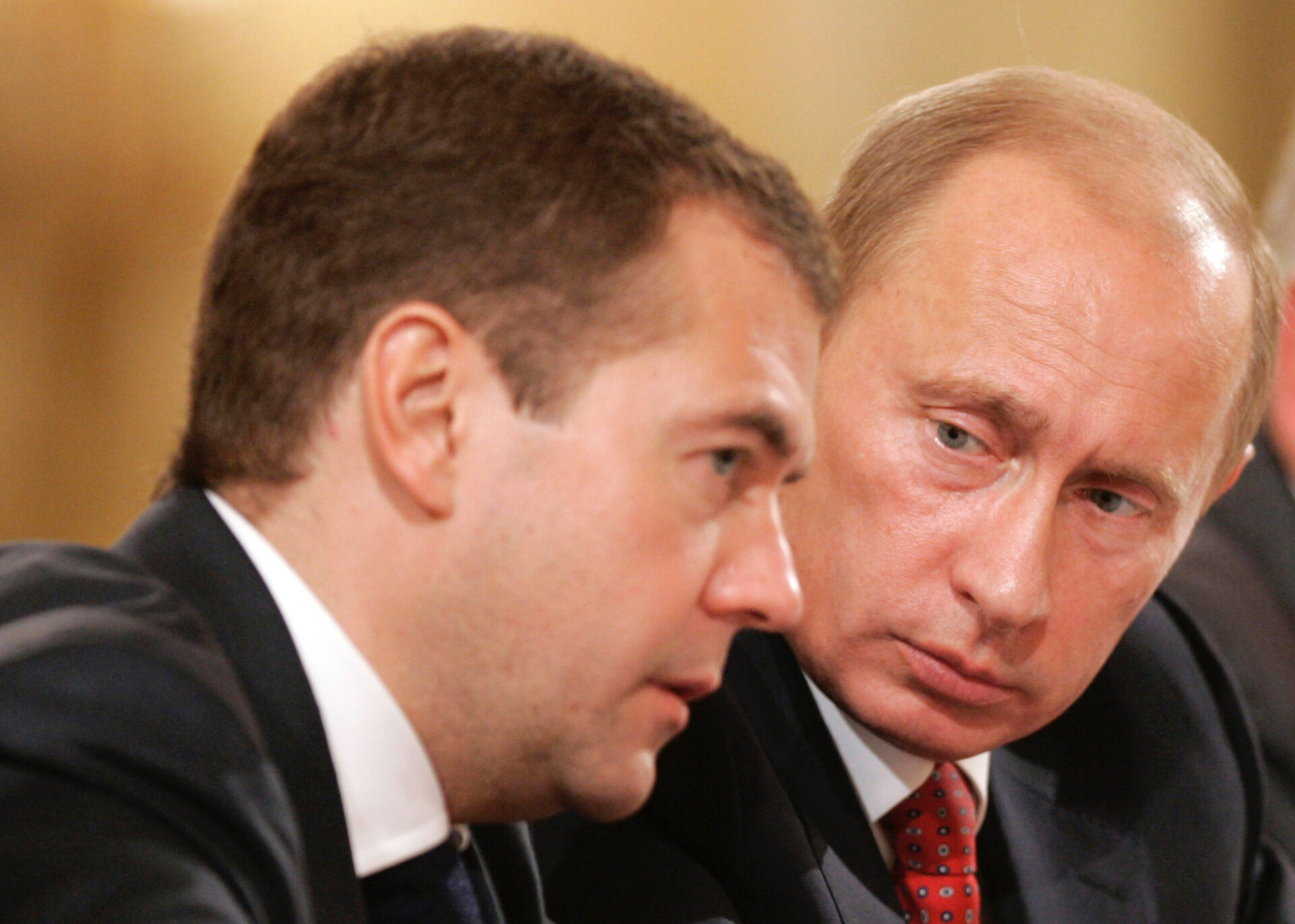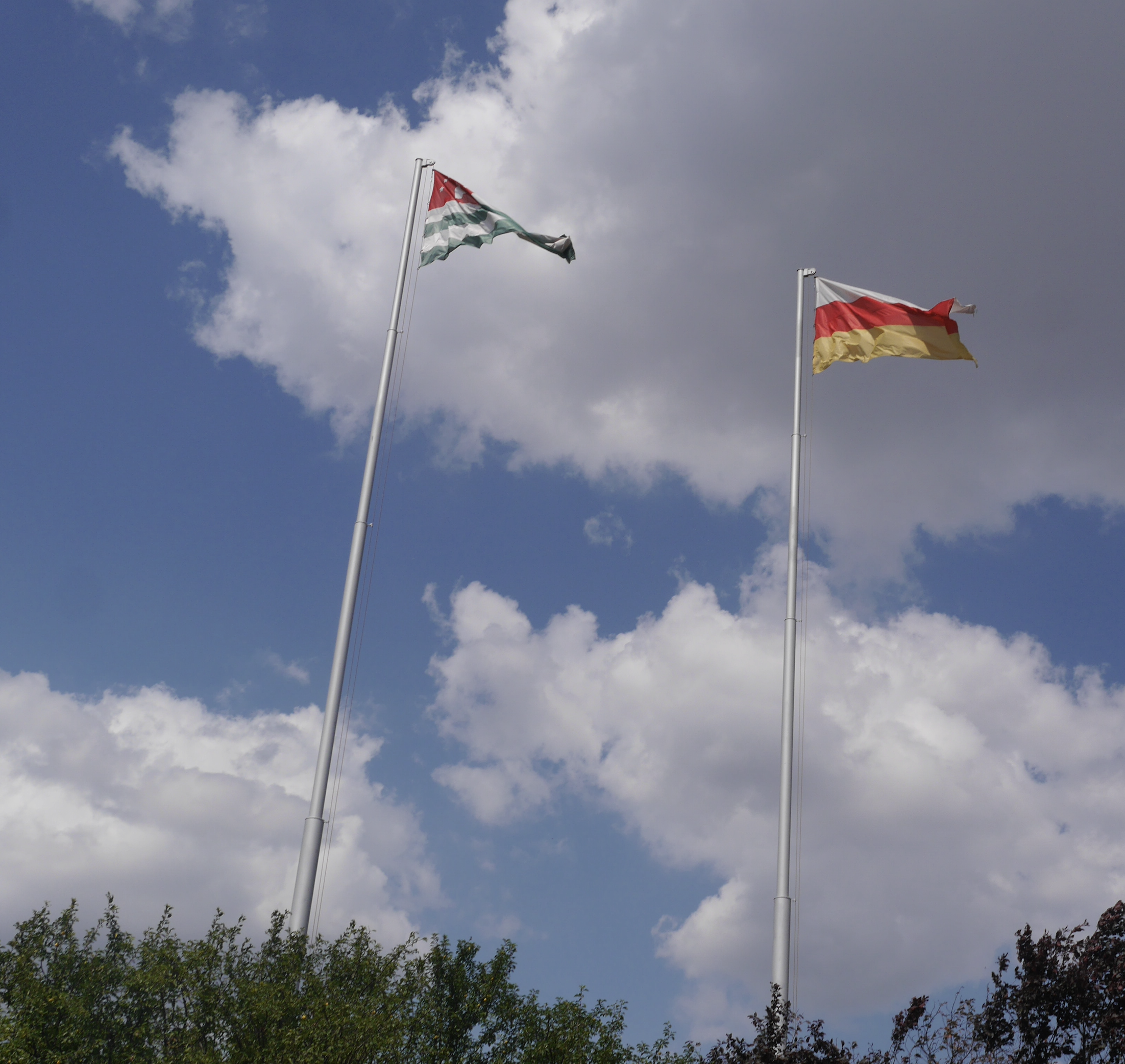
The Problem With Russian Connections Is Corruption, Not Espionage
The Problem With Russian Connections Is Corruption, Not Espionage
Revelations of improper and conveniently forgotten meetings and conversations with Russian officials bedevil the Donald Trump administration with such relentless intensity that its ability to perform the basic functions of government has been compromised. The grandfatherly looking Russian ambassador to Washington, Sergei Kislyak, is being portrayed in the media as a master of espionage and a recruiter of agents of influence. And the angry denials from the Russian Ministry of Foreign Affairs do not help Moscow’s or the White House’s case at all (Gazeta.ru, March 3). The real problem, however, is not about Moscow gathering classified information or planting “assets” inside the United States government: and in this instance, Kislyak is most probably not guilty of abusing his status in that way (Meduza.io, March 3). Rather, the problem is the export of Russian corruption in many subtle and innovative forms—from cutting “dear friends” into lucrative business deals to purchasing overpriced apartments in Trump Tower. Such overtures constitute the most acute threats to the business-attuned Trump team and to US democracy more generally.
One spectacular illustration of the scope of corruption within the Russian leadership was provided recently by opposition anti-corruption blogger Alexei Navalny in his detailed investigation of Prime Minister Dmitry Medvedev’s alleged business interests (Navalny.com, March 2). The ownership structure of vineyards in Toscana, Italy, or a family manor in the Moscow region is thoroughly obfuscated by layers of various foundations and charities. But Navalny uncovered every paper trail—including generous gifts from Alisher Usmanov and other oligarchs—linking those properties to the Russian prime minister. In response, Medvedev’s office resorted to blank dismissals of the presented evidence (Newsru.com, March 2). While disproving the impeccably documented graft and embezzlement is proving challenging, it is entirely possible to ignore this exposure on the assumption that Russian public opinion will remain indifferent to the immodest lifestyle of President Vladimir Putin’s loyal subordinate (RBC, March 3). Experts are, indeed, more surprised that Medvedev has not acquired any notable money-making assets, apparently preferring instead to collect real estate, which is expensive to maintain and difficult to sell (Nezavisimaya Gazeta, March 3).
Medvedev can also be confident that Putin will pay no attention whatsoever to Navalny’s revelations and refrain from any new purges in the government, which was badly shaken by the arrest of Alexei Ulyukaev, the minister of economic development, last November (Politcom.ru, March 3, 2017; see EDM, November 17, 2016). The Russian president is, in fact, supervising the cash flows and pseudo-privatization deals involving such giants as Rosneft and Gazprom, where tens of billions of dollars are changing hands. In comparison, Medvedev’s “minor” transgressions pale into irrelevance (Novaya Gazeta, February 27). Many other corruption investigations are ongoing, including into several regional banks in Tatarstan. Such cases curb some local excesses and provide entertainment for the public, upset by the deepening economic dislocation (RBC, March 4). Medvedev seems immune from those, but there may be reason for him to worry about the timing of the not-quite-suppressed scandal and about the fact that Navalny was allowed to conduct his investigation without pre-emptive punishment (Ezhednevny Zhurnal, March 3).
While likely dubious about the forthcoming and effectively pre-determined presidential elections, Russian political elites are watchful of squabbles in Putin’s court. And Medvedev’s prospects for positioning himself as a natural successor have now definitely been damaged (Novaya Gazeta, March 2). For conspiracy-minded observers, this harm to the prime minister’s political standing had to involve the consent of the Federal Security Service (FSB), which both executes the heavy-impact corruption investigations as well as employs corruption itself as a key means of operations (Moscow Echo, March 3). With this dual-use instrument, the FSB has succeeded in asserting its dominance over Russia’s other law enforcement agencies; nonetheless, it has encountered fierce infighting inside its overgrown bureaucracy (Novaya Gazeta, February 16). In particular, most of the cyber-operations during the US presidential campaign were conducted by the FSB, but more recently its Information Security Center was shaken by the arrests of three operatives accused of high treason (RBC, March 2).
This murky case shows the lose-lose nature of Russia’s policy for exporting corruption: the corrupters inevitably become corrupted themselves. The rot invariably spreads to areas where international cooperation could have been possible, like for instance joint operations against the threat of terrorism and, more specifically, against the Islamic State in Syria. This has been one of the few promising propositions advanced by the Trump administration for improving the badly deteriorated relations with Russia. But the US president was not able to elaborate on it in his address to Congress last week, February 28, because the whole theme of cooperation with Russia had become so badly poisoned (Nezavisimaya Gazeta, March 2).
Moscow was expected to make any joint combat effort in Syria conditional not only on recognizing the legitimacy of Bashar al-Assad’s regime but also on easing the sanctions regime (Gazeta.ru, March 4). Meanwhile, Russia’s own master-plan for marginalizing the anti-Assad opposition by joining forces with Turkey and Iran is deadlocked if not derailed (Kommersant, March 4). The Kurdish forces in Syria show a readiness to accept Russian mediation in ceasing hostilities with al-Assad’s troops—but only to jointly stand against Turkey (RBC, March 3). Russian forces meanwhile, keep taking casualties, including recently General Petr Milyuhin, badly wounded by a roadside bomb outside Palmyra (Gazeta.ru, March 3).
The track record of Russia’s intervention is poor, but some voices within the Trump administration continue to entertain ideas about joint operations. The rationale, quite possibly, is shaped not so much by the desire to defeat the Islamic State, which is in disarray and retreat, as by the urge to return to a situation where the geopolitics of the Middle East is determined by the great powers and a few regional state-actors—and not by chaotic forces (RIA Novosti, March 1). Putin would love nothing better, as he cultivates ties with all regional powers, from Iran to Israel, and grooms Khalifa Haftar for the role of Libya’s despotic ruler (Nezavisimaya Gazeta, March 3).
Putin appears confident in his high-level networking skills, whereby personal chemistry grows out of lucrative contracts, trust is built through small favors, and egos are massaged by shows of respect. But he seems irked by leaders like German Chancellor Angela Merkel or former US President Barack Obama, who are immune to his charms and repulsed by the sweet smell of corruption. The Trump administration has yet to prove its capacity to resist Russian special operations in friend-making. Only then will the White House be able to engage in cooperation from the position of not just military but also moral strength.


